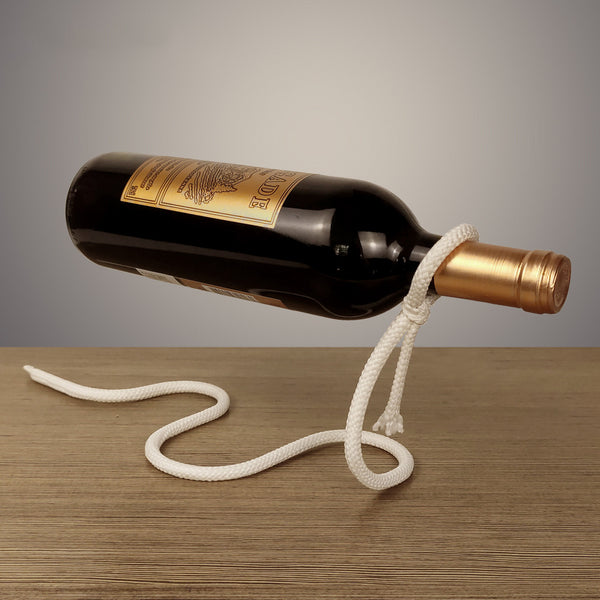What Does “All Day” Mean in a Kitchen? Understanding the Chef’s Lingo
If you’ve ever watched a cooking show or visited a busy restaurant kitchen, you might have heard chefs and cooks shout the phrase “all day!” But what does “all day” mean in a kitchen? Is it about working long hours, or does it have a special meaning behind the scenes? Let’s dive into the culinary lingo and find out!
The Meaning of “All Day” in a Kitchen
In the fast-paced environment of a professional kitchen, communication needs to be clear, quick, and precise. When chefs say “all day,” they’re not talking about working nonstop from morning to night. Instead, “all day” refers to the total quantity of a particular dish or ingredient that needs to be prepared or served at that moment.
For example, if a chef calls out “three burgers, all day,” they mean that there are three burgers ordered in total, including both new orders and those already in progress. It’s a way to keep the kitchen team aligned and aware of how many portions are needed overall.
Why Do Chefs Use “All Day”?
The kitchen environment is intense and hectic, especially during peak hours. Orders flood in, and multiple cooks and stations need to work in sync. Saying “all day” helps:
-
Prevent mistakes: Everyone knows exactly how many of a dish to cook, reducing overcooking or undercooking.
-
Coordinate timing: It helps line cooks manage their prep and cooking times efficiently.
-
Streamline communication: Quick and clear phrases save valuable seconds when every moment counts.
An Example in Action
Imagine a busy dinner service at a restaurant. Three customers order steaks, and the kitchen starts cooking two. Suddenly, a new order comes in for one more steak. Instead of calling out “one steak” or “two steaks,” the chef yells “steak, three all day!” This tells everyone the total steak count is three, combining the previous two and the new order.
Other Common Kitchen Phrases
Alongside “all day,” kitchens have many shorthand phrases to keep things moving smoothly:
-
“On the fly” — A dish needs to be made immediately, usually to replace a mistake or delay.
-
“Behind” — Warning someone that you’re right behind them while carrying hot or heavy items.
-
“86” — The item is out of stock or no longer available.
Final Thoughts
The phrase “all day” might seem confusing if you’re not familiar with kitchen jargon, but it’s a vital tool in the bustling world of professional cooking. It helps chefs and cooks stay organized, avoid mistakes, and deliver great food efficiently. Next time you hear “all day” shouted in a restaurant kitchen or cooking show, you’ll know exactly what it means!
For some kitchen product ideas checkout













